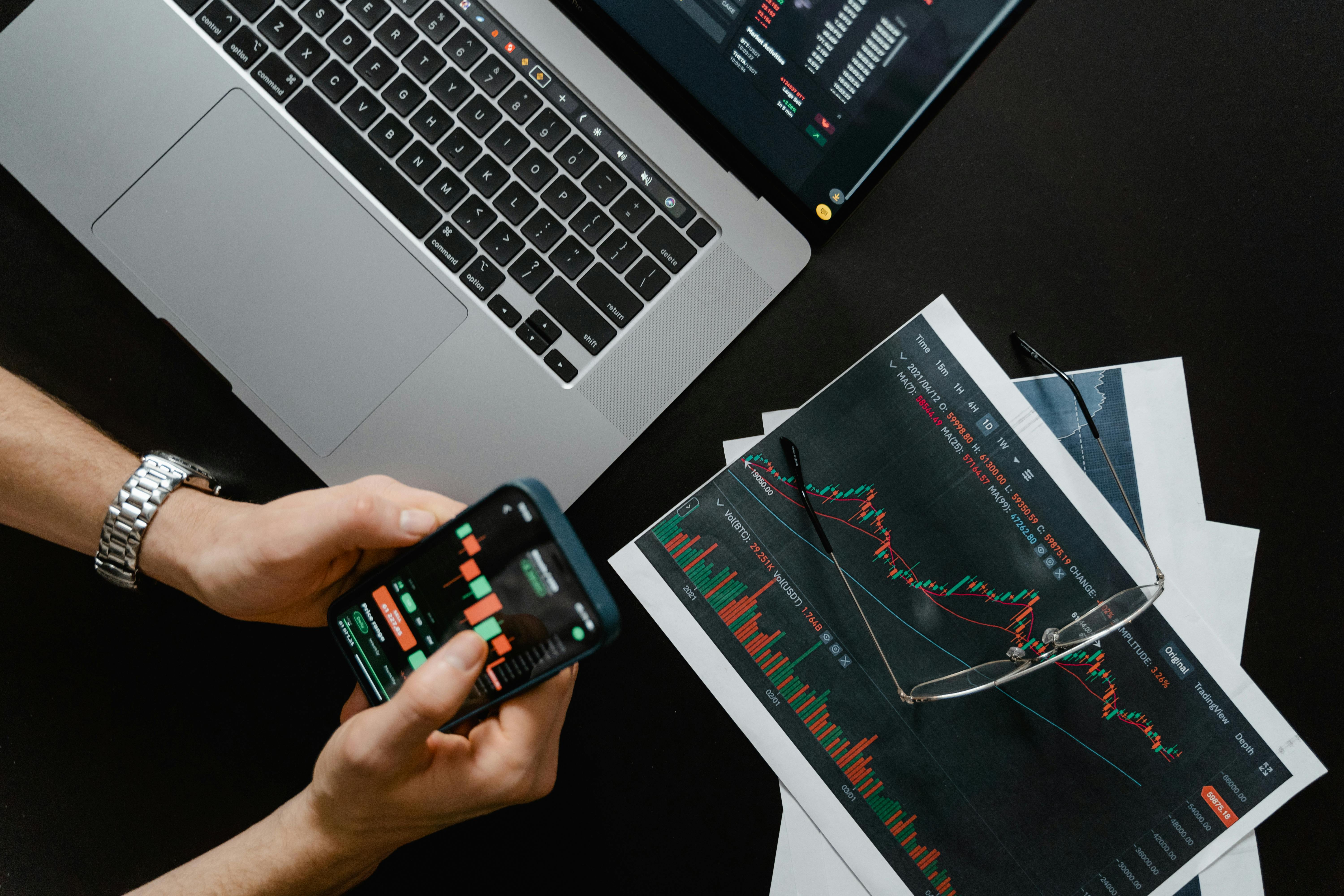
Blockchain's Revolutionary Impact on Commodity Markets: A Comprehensive Analysis
Blockchain's Revolutionary Impact on Commodity Markets
Introduction to Blockchain in Commodity Trading
Blockchain technology is fundamentally reshaping the landscape of commodity markets, introducing unprecedented levels of transparency, efficiency, and accessibility. By leveraging decentralized ledger technologies, commodity trading is experiencing a paradigm shift that challenges traditional intermediation and transactional processes.
Market Transformation and Technological Evolution
The integration of blockchain into commodity markets represents a sophisticated technological evolution that addresses long-standing inefficiencies. Traditional commodity trading has been characterized by complex, opaque processes involving multiple intermediaries, significant transaction costs, and limited real-time visibility. Blockchain introduces a transformative approach that democratizes market participation and streamlines operational workflows.
Key Blockchain Protocols in Commodity Markets
Top Blockchain Protocols for Commodity Trading
-
Chainlink: Provides critical price feed infrastructure for commodity derivatives and real-world asset tokenization.
-
Stellar Network: Enables cross-border commodity transactions with enhanced settlement speed and reduced intermediary costs.
-
Hedera Hashgraph: Offers high-performance distributed ledger capabilities for complex commodity trading ecosystems.
Global Regulatory Landscape
Different jurisdictions have approached blockchain commodity trading with varying regulatory frameworks. The United States, through the Commodity Futures Trading Commission (CFTC), has established progressive guidelines for digital asset trading. Meanwhile, jurisdictions like Switzerland and Liechtenstein have developed comprehensive regulatory environments that support blockchain-based financial innovations.
Market Statistics and Trends
| Metric | 2023 Value | Projected 2024 Growth |
|---|---|---|
| Blockchain Commodity Market Size | $500 Million | 35% CAGR |
| Tokenized Commodity Volume | $2.3 Billion | 42% Increase |
| Institutional Blockchain Adoption | 27% | 45% Expected |
Data Source: Blockchain Research Institute, 2023 Report
Technological Challenges and Innovations
Blockchain implementation in commodity markets faces several technological challenges, including scalability, interoperability, and complex smart contract development. Advanced layer-2 solutions and cross-chain protocols are continuously emerging to address these limitations, offering more robust and flexible trading infrastructures.
Real-World Asset (RWA) Tokenization
Tokenization represents a groundbreaking approach to representing physical commodities as digital assets. By converting tangible assets like oil, gold, and agricultural products into blockchain-based tokens, market participants can achieve fractional ownership, enhanced liquidity, and global accessibility.
Risk Management and Compliance
Blockchain introduces sophisticated risk management mechanisms through transparent, immutable transaction records and automated compliance protocols. Smart contracts can enforce predefined trading rules, reduce counterparty risks, and provide real-time auditing capabilities.
RWA.codes Solutions
At RWA.codes, we specialize in developing cutting-edge blockchain solutions tailored to commodity market requirements. Our expertise spans comprehensive tokenization strategies, smart contract development, and regulatory compliance frameworks across multiple international jurisdictions.
Our proprietary technologies enable seamless integration of blockchain protocols with existing commodity trading infrastructures, providing clients with innovative, secure, and efficient digital asset management solutions.